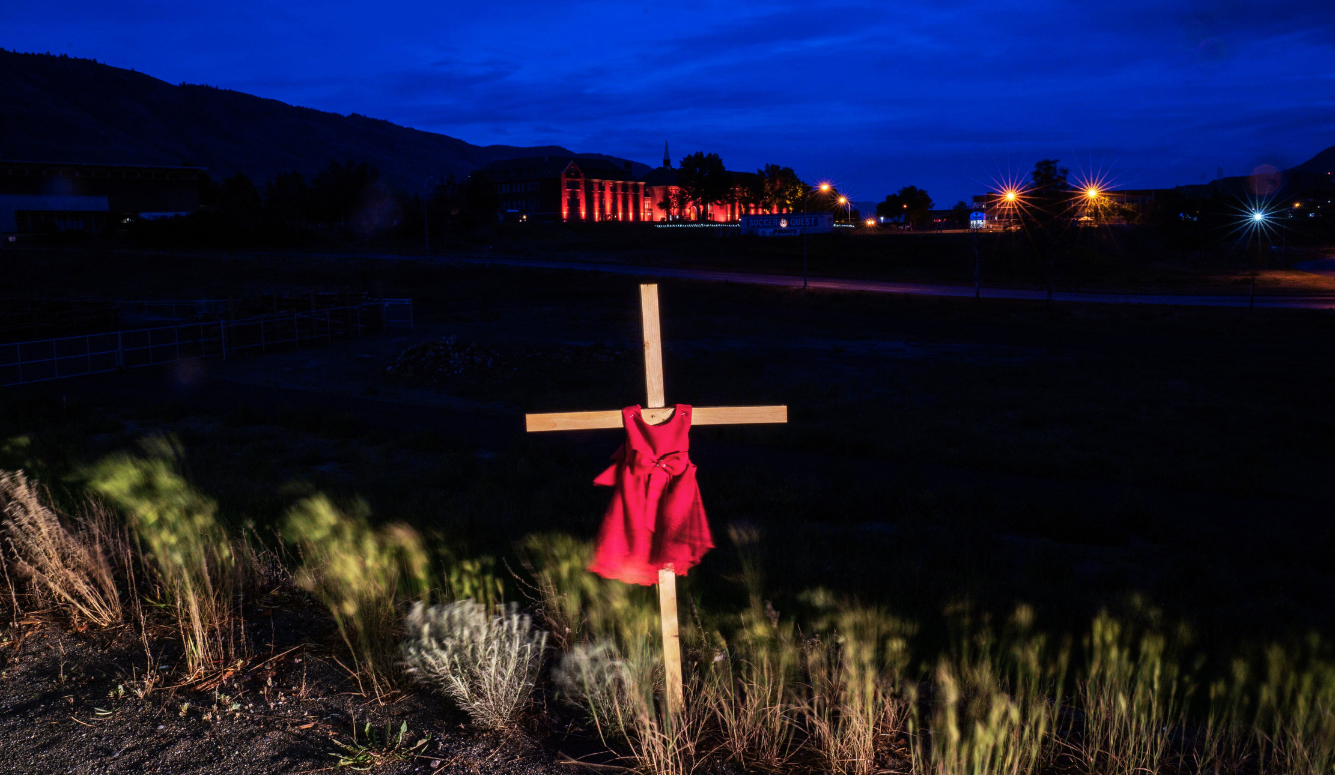Canada
Canada’s Faltering ‘Unmarked Graves’ Narrative Goes to Court
When lawyers asked the Law Society of British Columbia to correct the false claim that ‘the bodies of 215 children’ were discovered in Kamloops, the legal regulator accused them of bigotry.

It’s now been more than three years since the eruption of Canada’s “unmarked graves” scandal, which followed claims that the secret resting places of 215 (presumably murdered) Indigenous children had been found in Kamloops, British Columbia. These shocking reports convulsed the entire nation, and produced a sense of collective shame—so much so that some jurisdictions cancelled their 2021 Canada Day celebrations. Why, Canadians asked, should they celebrate the history of a country that had perpetrated such despicable crimes?
But since then, the sense of shame has increasingly turned to confusion, as not a single actual body has been discovered, much less 215 of them. In fact, it’s gradually become clear that what Canada endured during late spring and summer 2021 wasn’t really a moment of “national reckoning” (as it was then described), but rather a large-scale social panic.
What’s stranger still is that this social panic hasn’t been fully extinguished. Even to this day, almost forty months after those first breathless reports of mass child murder in British Columbia, few Canadian journalists and politicians have retracted their erroneous public statements, much less publicly acknowledged that the “unmarked graves” whose discovery they bewailed don’t seem to exist.





